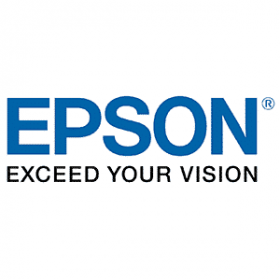Lenzing: Outlook for 2023
- Revenue grows to EUR 623.1 mn – fiber sales recovered over the course of the quarter
- EBITDA and net result for the period down compared with the first quarter of 2022
- Cost reduction program of more than EUR 70 mn being implemented according to plan
- Production of TENCEL™ brand modal fibers successfully launched in China
- Lenzing confirms guidance for 2023
The business performance of the Lenzing Group during the first quarter of 2023 largely reflected market trends. However, after the market environment had deteriorated significantly in the third and fourth quarters of the previous year, signs of recovery emerged during the first quarter in terms of demand as well as raw material and energy costs. Textile fibers recorded moderate but steadily improving demand. Business with fibers for nonwovens and with dissolving wood pulp performed better than expected. Raw material and energy costs were still at an elevated albeit decreasing level.
Outlook
The war in Ukraine and the more restrictive monetary policy pursued by many central banks in order to combat inflation are expected to continue to influence global economic activity. The IMF warns that risks remain elevated overall and forecasts growth of 2.8 and 3 percent for 2023 and 2024 respectively. The currency environment is expected to remain volatile in the regions relevant to Lenzing.
This market environment continues to weigh on the consumer climate and on sentiment in the industries relevant to Lenzing. However, the outlook has brightened somewhat recently.
Demand picked up tangibly after the Chinese New Year. As a consequence, capacity utilization improved and stocks were further reduced both at viscose producers and at downstream stages of the value chain.
In the trend-setting market for cotton, signs are emerging of a further buildup of stocks in the current 2022/23 crop season. Initial forecasts for 2023/24 anticipate a more balanced relationship between supply and demand.
However, despite signs of recovery in both demand and raw material and energy costs, earnings visibility remains limited overall.
Lenzing is fully on track with the implementation of the reorganization and cost reduction program. These and other measures are aimed at positioning Lenzing in the best possible way for the expected market recovery.
Structurally, Lenzing continues to anticipate growth in demand for environmentally responsible fibers for the textile and clothing industry as well as for the hygiene and medical sectors. As a consequence, Lenzing is very well positioned with its “Better Growth” strategy and plans to continue driving growth with specialty fibers as well as its sustainability goals, including the transformation from a linear to a circular economy model.
The successful implementation of the key projects in Thailand and Brazil as well as the investment projects in China and Indonesia will further strengthen Lenzing’s positioning in this respect.
Taking into account the aforementioned factors and assuming a further market recovery in the current financial year, the Lenzing Group continues to expect EBITDA in a range between EUR 320 mn and EUR 420 mn for 2023.
Lenzing AG








